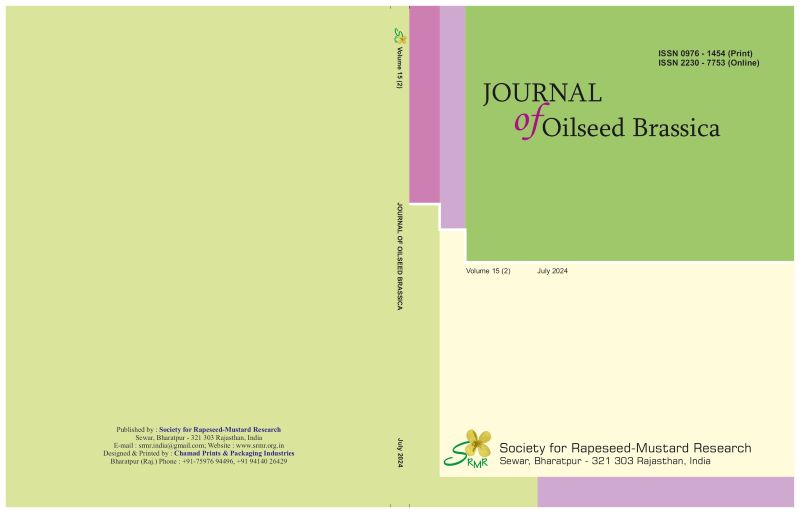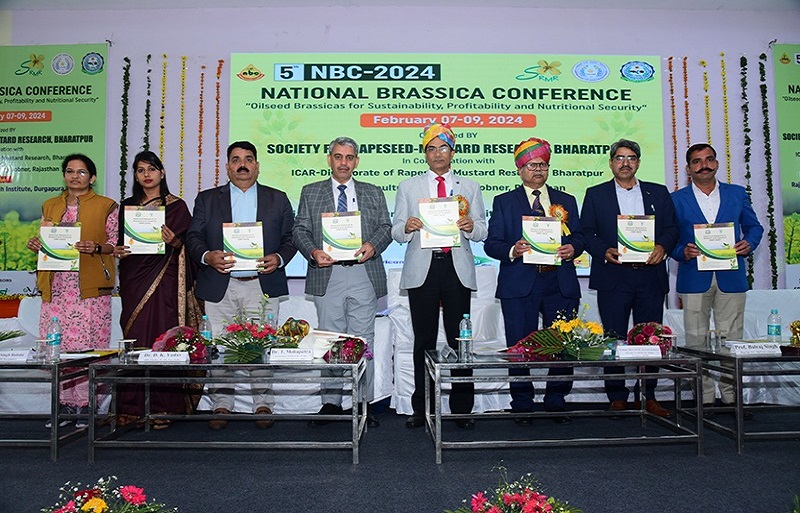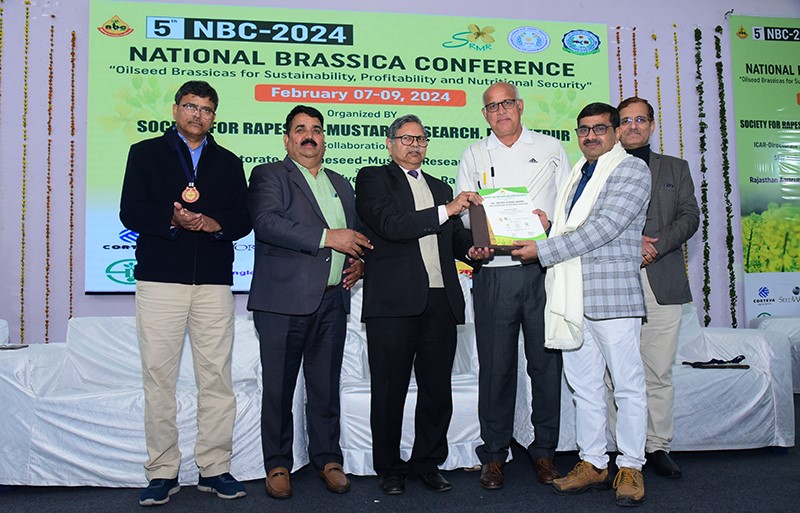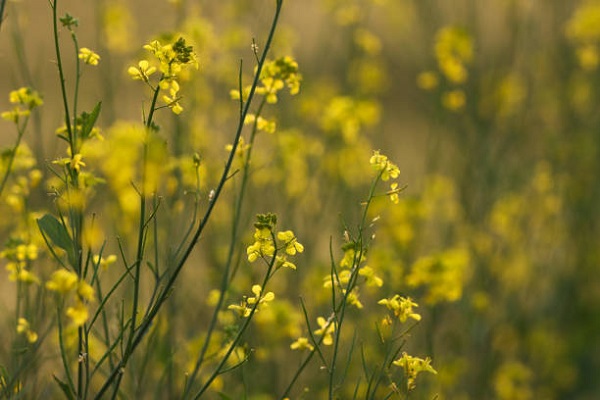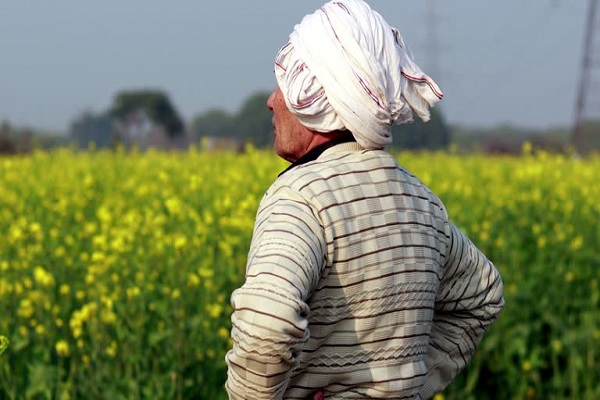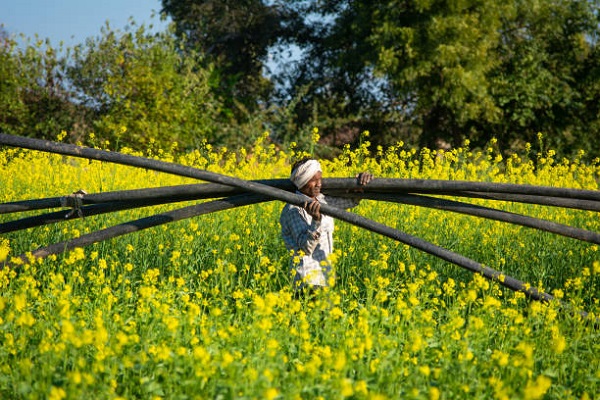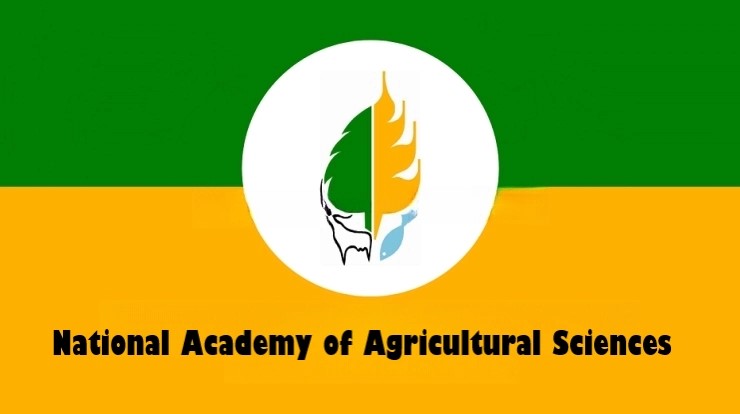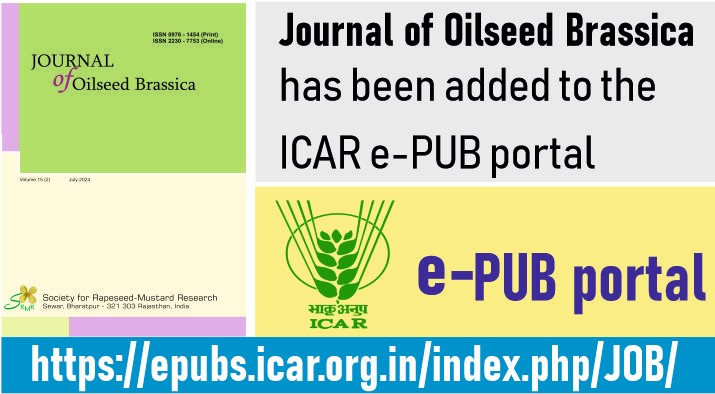
About SRMR
The need for a platform to bring together the different stakeholders including scientists exclusively involved in Brassica research, planners, processors, traders and policy makers, has been highlighted in many forum. The establishment of Society for Rapeseed Mustard Research (SRMR) is one of the imperative steps toward this direction to provide such platform. The SRMR envisages fulfilling this need in a constructive manner, providing informed choices and novel paradigms through in depth and meaningful research.
